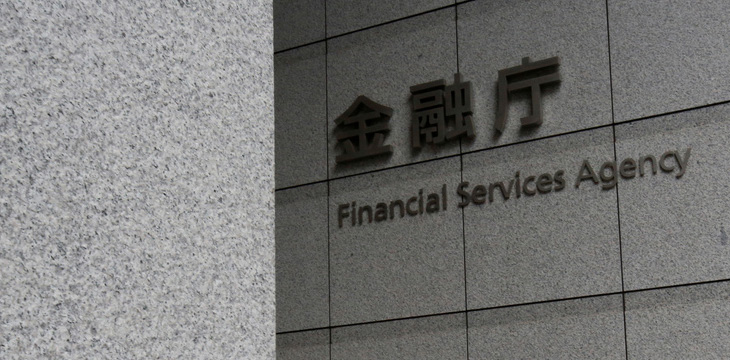|
Getting your Trinity Audio player ready...
|
In a bid to find out whether Coincheck is capable of refunding its customers, Japanese financial regulators conducted an on-site inspection on the beleaguered cryptocurrency exchange on Friday.
If you recall, Coincheck made history recently after hackers stole around 523 million NEM tokens (XEM), worth JPY58 billion (USD525.48 million) at the time, from its hot wallet. The hack went down as the biggest theft in world history, effectively dethroning the infamous Mt. Gox hack.
The exchange has promised to pay the 260,000 affected users in Japanese yen via its CoinCheck Wallet, although Coincheck has yet to determine how to roll out the repayment. And so to ensure that that the company has enough funds to pay back its customers, 10 members of the Financial Services Agency paid a special visit to Coincheck’s Tokyo office on Friday morning, Jiji Press reported.
The inspection, which was conducted under the revised Payment Services Law, was a first for the financial regulator. The FSA team also plans to examine Coincheck’s security measures, steps for preventing another asset theft from happening, according to the report.
Financial Services Minister Taro Aso told Japan-based reporters they “launched the inspection with the objective of protecting the users” as the reimbursements could reach JPY46 billion (USD416.76 million).
Following the hack, Coincheck has been called out for its lax security measures that allowed unauthorized access to its system, especially since the company has been managing its customer accounts using computers connected to the Internet. Cryptocurrency exchanges typically mange customer assets in offline computers.
The FSA has already ordered the company to submit a report by Feb. 13 detailing its investigation of the incident, support of its customers, and stronger mitigation and prevention measures.
Meanwhile, other exchanges have been quick to point out that Japanese investors have been undeterred by the incident. In an interview with news.Bitcoin.com, Bitflyer CEO Midori Kanemitsu said: “Now people understand they need to use safe exchanges, which are registered with the JFSA and have a high standard of security.” Coincheck’s application with the JFSA has been under review for the past five months.
“Ironically, many people got interested in cryptocurrencies after this incident as this has been reported so often and broadly in Japan,” Kanemitsu told the news outlet. “This time people understand that this is due to the exchange and not due to cryptocurrency itself.”

 02-22-2026
02-22-2026 




